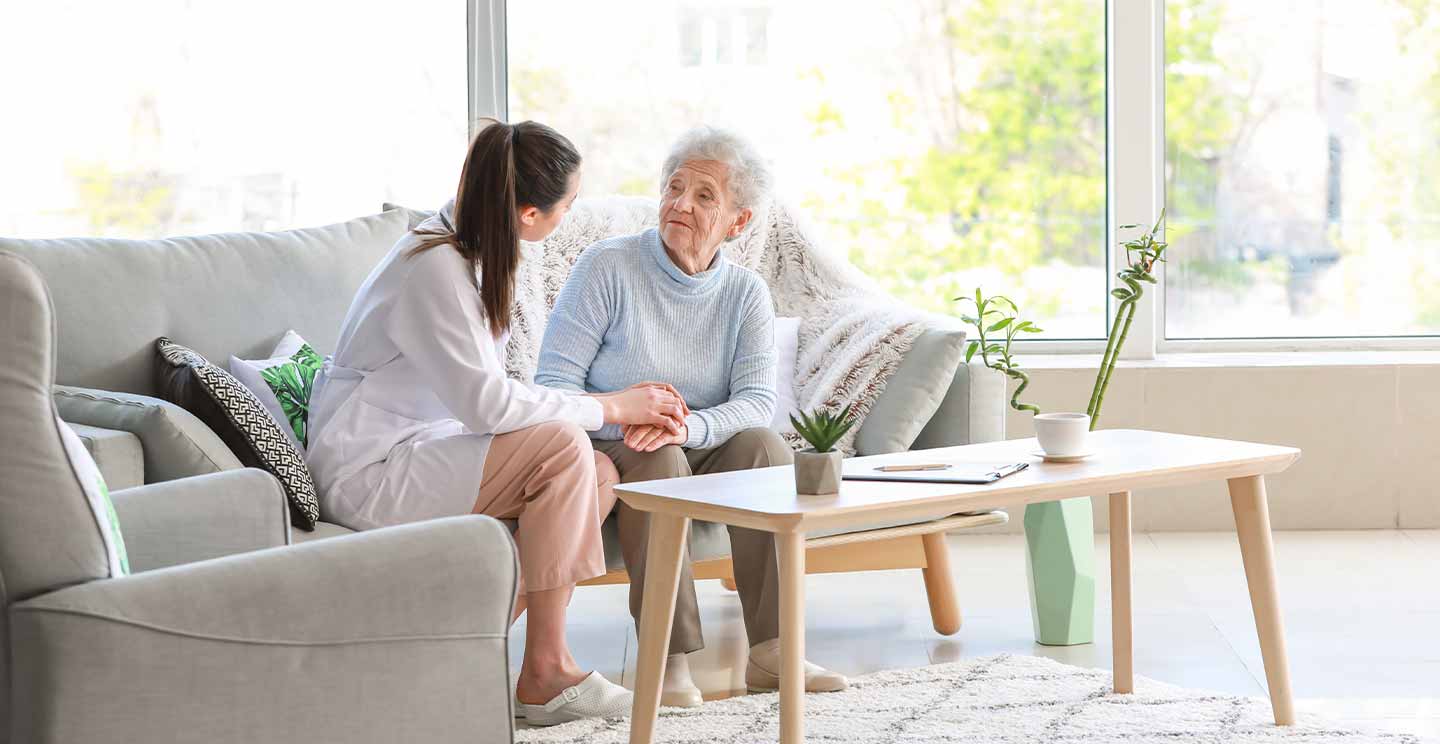High quality service & support.
Although they are all self-employed care professionals based in Buckinghamshire or Oxfordshire, we encourage our carers to comply with the TrustonTap Code of Conduct for any TrustonTap services they supply to you. This code is built upon industry best practice but has been adapted to reflect the particular responsibilities of TrustonTap carers. The Code of conduct includes the following guidance:
- Ensure delivery of high quality, safe and compassionate healthcare, care and support.
- Promote and uphold privacy, dignity, rights, health and wellbeing of clients
- Communicate in an open and effective way
- Respect a person’s right to confidentiality.
- Strive to improve care through continuing professional development.
- Uphold and promote equality, diversity and inclusion.
- Make sure you can answer for your actions or omissions.
When your TrustonTap carer visits your home, they will:
- do their very best to arrive promptly and let you know by phone if they are delayed;
- check to see how they can best support you at the start of each visit;
- be pleasant and treat you with kindness, dignity and respect;
- focus their attention on you;
- carry out all agreed tasks;
- help you at a pace that suits you, without rushing you;
- talk to you and discuss topics that interest you;
- check that you are happy with the support they are giving you:
- inform you when they are leaving;
We also expect all TrustonTap carers to adopt a Person-Centred Approach which puts the care recipient at the centre of everything they do. Person-centred care considers the whole person, taking into account each individual’s unique qualities, abilities, interests, preferences and needs. Our carers should check that you are well informed and given information that is jargon-free. They should respect you for your experience, expertise, history and culture.
Having a care plan is very helpful (see our article ‘What is a Care Plan?’) as not only does this force you to really consider exactly what care is needed but it also gives you an easy means to communicate what this is to the carer. All carers should know if there is a care plan and be given access to it so that they are fully informed. This is particularly important if they have to help prompt or administer medication or if there is a DNR order in place.

